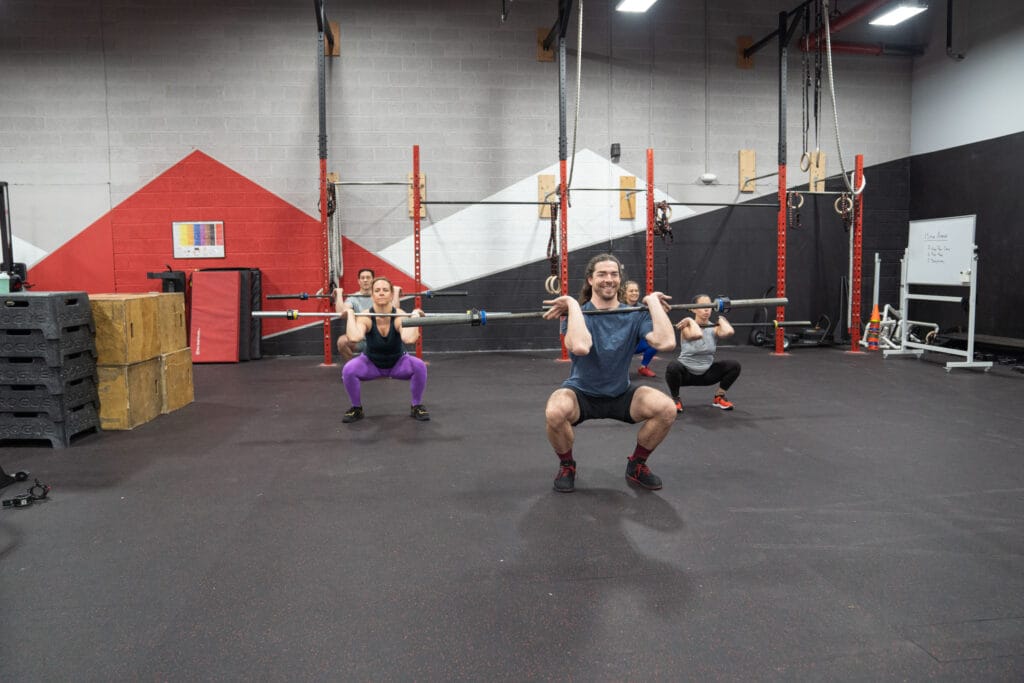“Compound interest is the eighth wonder of the world. He who understands it, earns it; he who doesn’t, pays it.” – Albert Einstein
Here’s how it works:
You invest a hundred dollars in something. You’re paid interest on that investment – maybe 5%.
After a year, you have $105. You made 5 bucks for taking a little risk.
Then you turn around and reinvest all of it – $105.
A year later, you have $110. You reinvest that again. And again–over and over for 20 years.
In 2043, you’ll have $265. Your initial $100 will more than double without any action on your part.
The key is reinvestment. You have to keep putting the money back. As the little decimal points multiply on themselves, they create a compounding effect. The whole outgrows the sum of its parts.
Your money should increase–not decrease–with time, if you’re making long-term investments.
I’m not a financial expert, but I’ve spent nearly 30 years helping people make investments in their health.
The bad news: your body is probably in a state of decline. Starting in your mid-20s, you begin to lose muscle tone, flexibility, insulin sensitivity and a whole host of hormonal ingredients that were part of your “prime”.
Here’s the good news: that decline can be dramatically slowed through investments in your health.
No single workout will save you, but the compounding effects of long-term exercise will change your life.
The 5lbs you lose in a quick diet won’t stay gone, but long-term nutritional care will keep your weight low.
The investment you make through exercise and good dietary practices will slow your decline more than anything else. Consider the largest problems faced by our elderly: Type II Diabetes (not only avoidable, but reversible), heart disease (largely avoidable,) and bone/muscle injury due to lack of use or misuse (completely avoidable.)
It’s more important than ever to take care of yourself. Instead of waiting for the magic weight-loss pill, we should recognize that our healthcare system is more overtaxed than ever. We’ll have to rely on our own health to keep us out of hospitals more in the future.
And your savings aren’t what they were: with inflation and low investment returns over the last few years, you might have to work longer than you’d assumed. Maybe 5 extra years. Are you going to be able to handle 5 more years? Will you emerge healthy enough to enjoy retirement, or will you be so far into the twilight that you’ll have to scrape to the finish?
Sure, you may live long enough to still have a long retirement. Will it be an active, fulfilling period? Will you be able to enjoy your hard-earned reward? Will 60-70 be your best decade, the one in which you write the stories that you tell your grandkids in your 90s?
Exercise is cumulative. One bout is fun, but won’t help long-term. You need to compound the interest yourself. You need to be investing, every day, time.
The great news is that long-term investments don’t demand perfection every time. If you’re distracted during one workout, or you have a donut with your dinner once, you’ll still be okay – your overall consistency matters most.
Even in more stable financial periods, your most valuable investment is your time. I suggest you invest it in your health.

